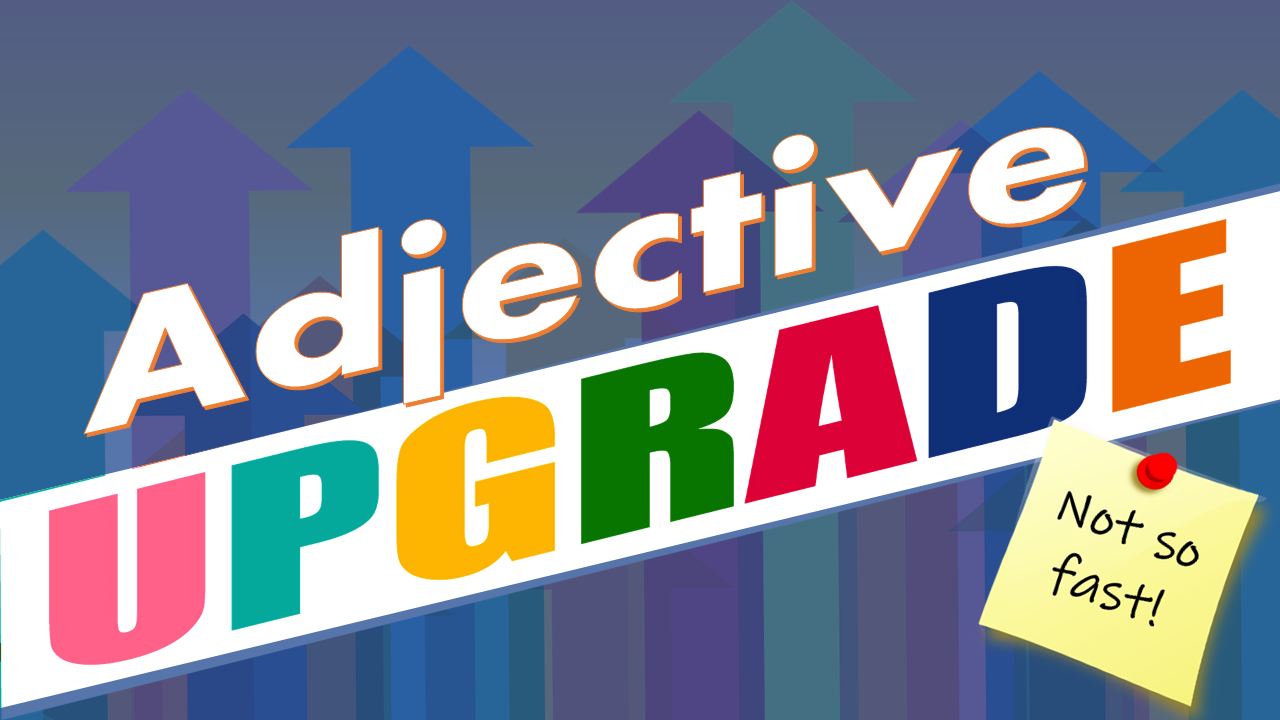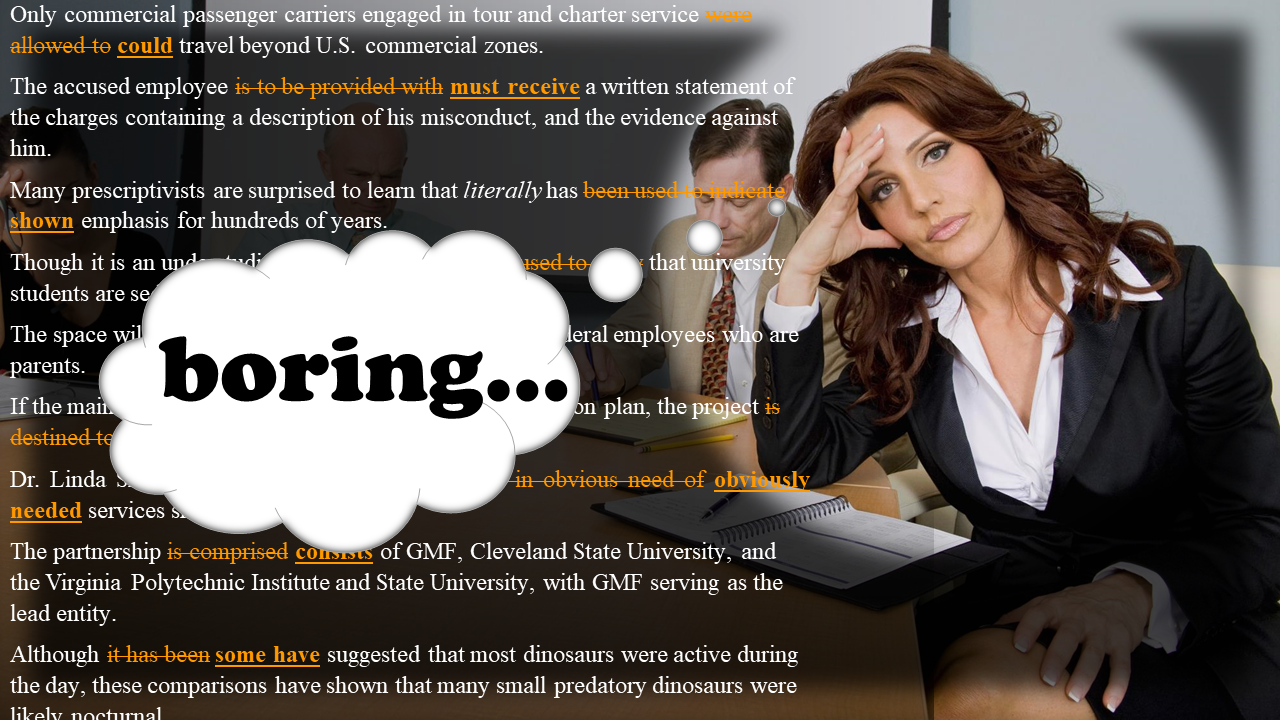Language and Status: An Introduction to Two Schools of Thought
Language and status are closely intertwined. The language choices you make reveal information about your identity, background, and the formality of the situation. Two schools of thought influence our decisions on whether language use is “correct” or “incorrect:” prescriptivism and descriptivism.
Continue reading











